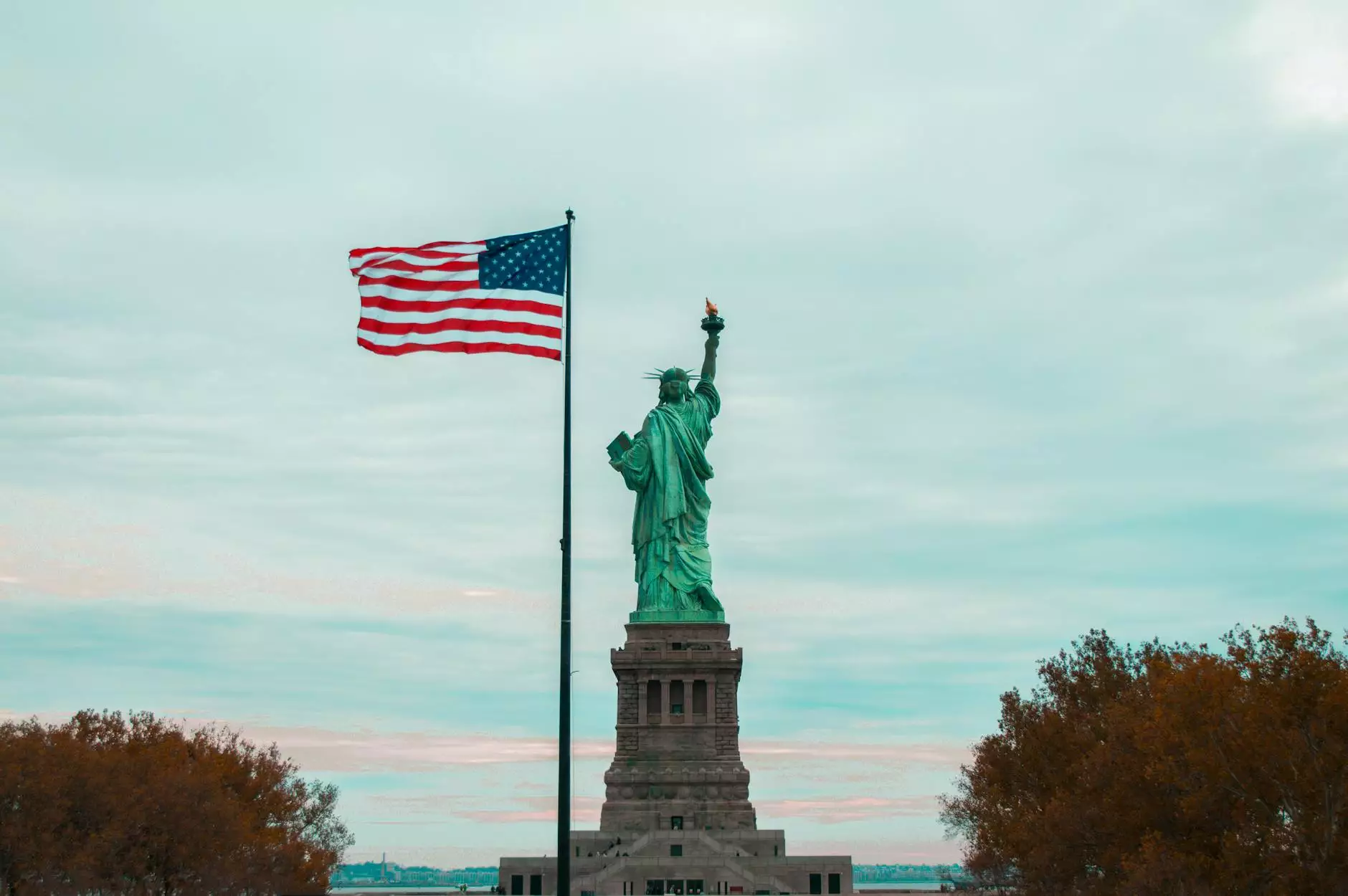The Legacy of George Wythe - A Founding Father and Legal Luminary
Success Stories
George Wythe, one of the key figures in the founding of the United States, was a multifaceted personality renowned for his contributions to both academia and public service.
Early Life and Education
Born in 1726 in Elizabeth City County, Virginia, George Wythe displayed exceptional intellect from a young age. He pursued his education at the College of William and Mary, where he studied law under the guidance of his mentor and future U.S. President, Thomas Jefferson.
Legal Career and Political Influence
Wythe's legal acumen and commitment to justice earned him a reputation as one of the leading lawyers of his time. He served as a delegate to the Continental Congress and was a signatory of the Declaration of Independence in 1776. Wythe played a pivotal role in shaping the legal framework of the newly formed nation, advocating for principles of liberty and equality.
Impact on Education
As a pioneering educator, George Wythe held the first law professorship in the United States at the College of William and Mary. He mentored several notable figures, including Thomas Jefferson, John Marshall, and Henry Clay, shaping the future of American law and politics.
Legacy and Contributions
George Wythe's legacy extends beyond his legal and political achievements. His commitment to education and his unwavering dedication to the ideals of freedom and justice continue to inspire generations of Americans. From his advocacy for the abolition of slavery to his steadfast support for educational initiatives, Wythe's contributions to the nation's foundation are immeasurable.
Conclusion
In conclusion, George Wythe's enduring legacy as a nation builder, legal luminary, and educator exemplifies the core values of American democracy. His profound influence on the nation's history and legal system serves as a testament to his unwavering commitment to justice and equality.









